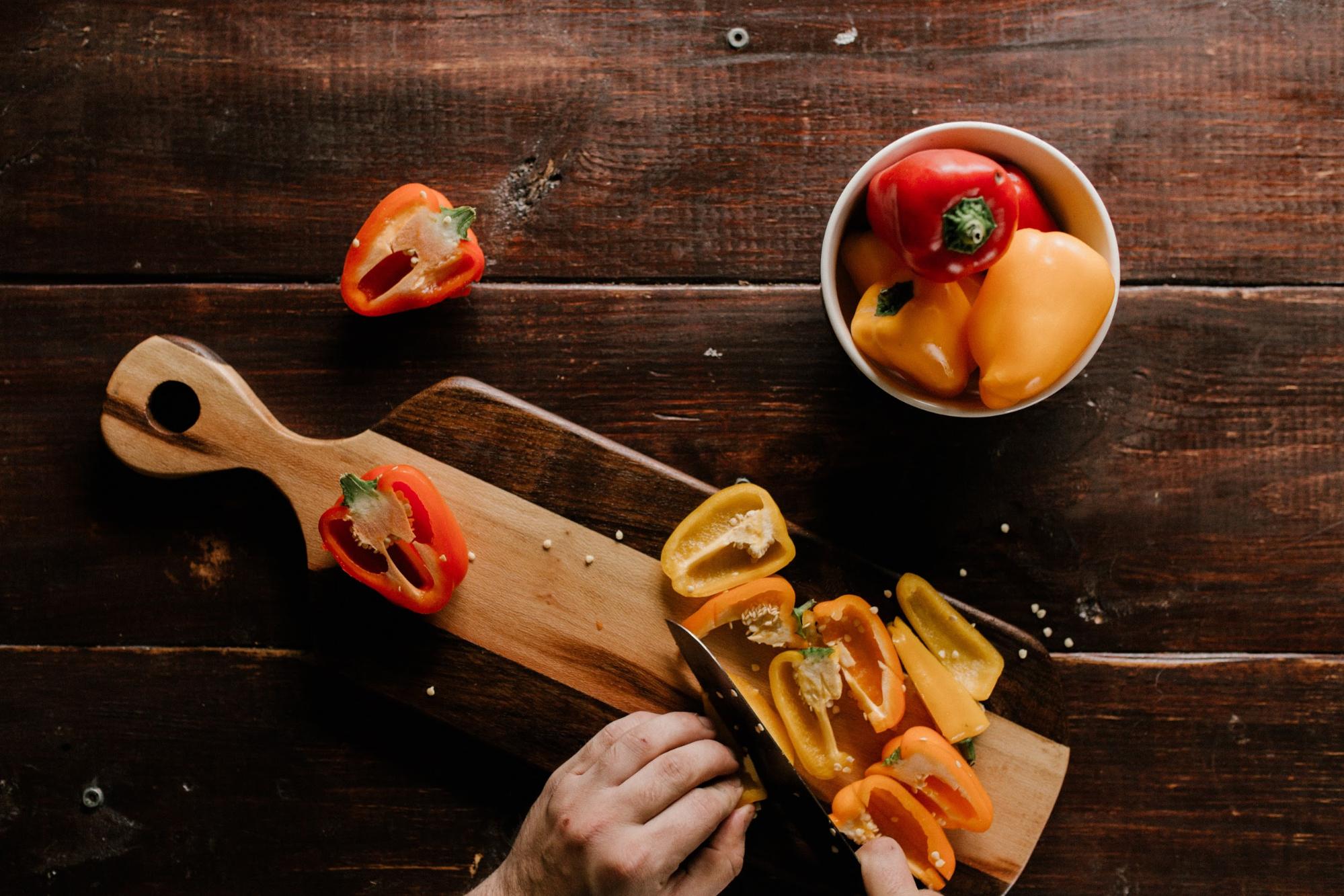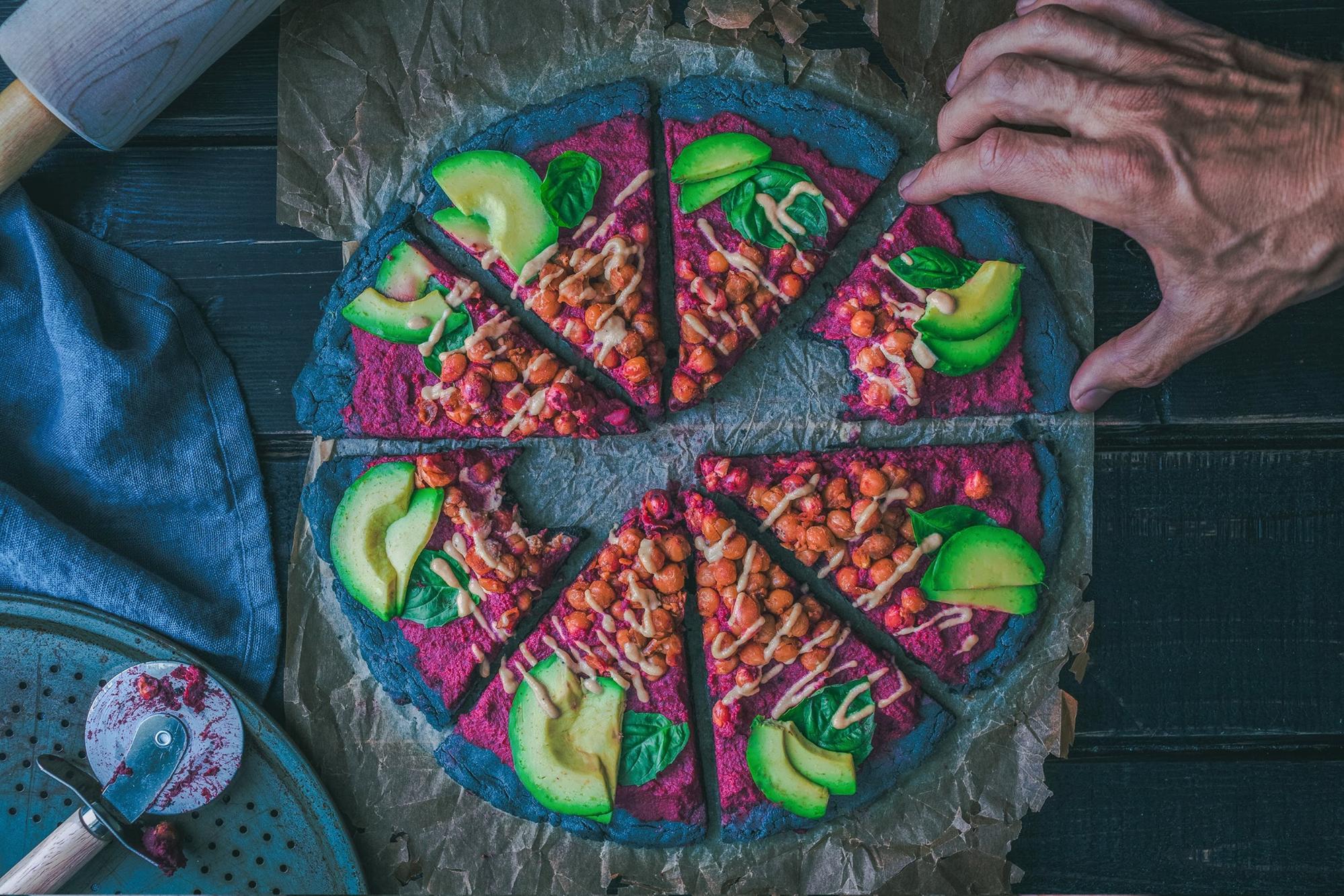The secret to healthy eating habits is hidden in one simple concept: mindfulness. The reason why mindfulness is simple is that, contrary to popular belief, it doesn’t require any specialist knowledge or strict rules.
Mindfulness is just another word for paying close attention to your thoughts, feelings, and actions and becoming more consciously aware of each moment of your daily life.
Taking the time and effort to really pay attention to the present moment can have positive effects on virtually every aspect of your daily life, especially those that have to do with our eating habits.
Millions of people around the world struggle with mindless eating, caused by the lack of understanding about the relationship between eating practices and our overall wellbeing.
If you’ve been struggling with any of the harmful consequences of mindless eating, it’s time to tune in and start eating more mindfully with these five basic steps:
Mindful meal prepping

Mindless eating can be both a cause and a consequence of stress, which makes stress management one of the most important aspects of mindful eating.
Often times, we either forget or simply can’t find the time to make a healthy meal plan for the whole week so we end up falling off the diet wagon, which causes even more stress.
It’s a vicious cycle, and the best way to break out of it is to get into the habit of eating healthy, pre-prepared meals.
What’s great about using meal prep for weight loss is that it will not only help you get rid of stubborn fat, but also give you a sense of control over your eating habits.
Boost your confidence and energy levels, curb unhealthy food cravings, and help you save time and money in the long run.
Slow eating
Now that you no longer have to deal with the stress of last-minute cooking, you can focus on making the actual eating process more mindful.
To get into the practice of mindful eating, the first thing you need to do is slow down.
Not only will eating more slowly help you find a new appreciation for the taste, smell, and texture of food.
It will also improve your digestion, boost nutrient absorption, and keep you from overeating.
If you’ve been a fast eater your whole life, it might be difficult to slow down your eating speed overnight, so here’s what you can do to get used to eating more slowly.
First, you need to make sure you’re sitting down at your dining table for every meal instead of eating on the couch in front of the TV.
This will help you focus on the amount of food you’re eating and make it easier to realize when you’re full.
Try to minimise all distractions during meal times and simply observe the physiological sensations of eating.
A lot of people swallow half-chewed food which can disrupt the digestive process and cause bloating, nausea, and stomach ache.
This is why it’s important to take smaller bites and chew each one thoroughly.
Food diary

Keeping track of the type of food and the number of calories you consume each week can make the transition from mindless to mindful eating much faster and easier.
A food diary can help you become more honest with yourself about your eating habits and help you get back on track after a day or two of overindulging.
Since mindless eating typically results from not paying enough attention to how you’re fuelling your body, keeping a food journal can help you become more aware of your unhealthy relationship with food.
If you write down everything you eat, you’ll be able to identify everything that’s sabotaging your journey toward mindful eating.
A food diary can also help you practice portion control and gain a deeper understanding of the nutritional value of each meal.
Positive attitude
Living in the world of cheap, easily available packaged snacks and calorie-laden takeaway meals has caused us to become entirely disconnected from the food we’re eating.
Since mindful eating is all about having the right attitude to food, it’s important to overcome this negative pattern and stop thinking about food in terms of reward and punishment.
If you want to meat more mindfully, you need to start paying more attention to where your food comes from.
Next time you’re shopping for groceries, try to think about the actual process of food production and the long supply chain involved in getting food from farms to supermarket shelves.
This will help you build a healthier relationship with food and avoid many of the health risks associated with mindless eating.
Eating mindfully may seem harder than it actually is, especially if you’ve never tried it before.
But if you start with some basic steps such as meal prepping, eating more slowly, keeping a food log, and adjusting your attitude to food, you’ll soon start to reap the full benefits of mindful eating.

